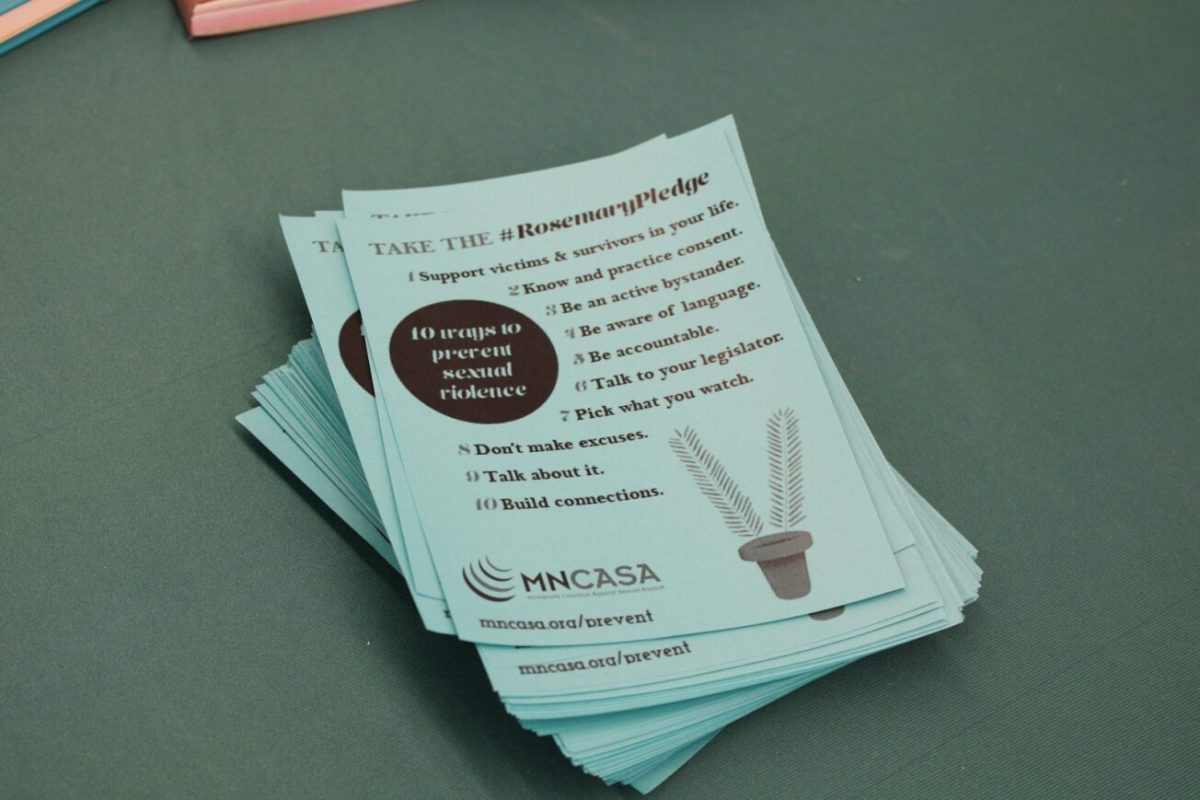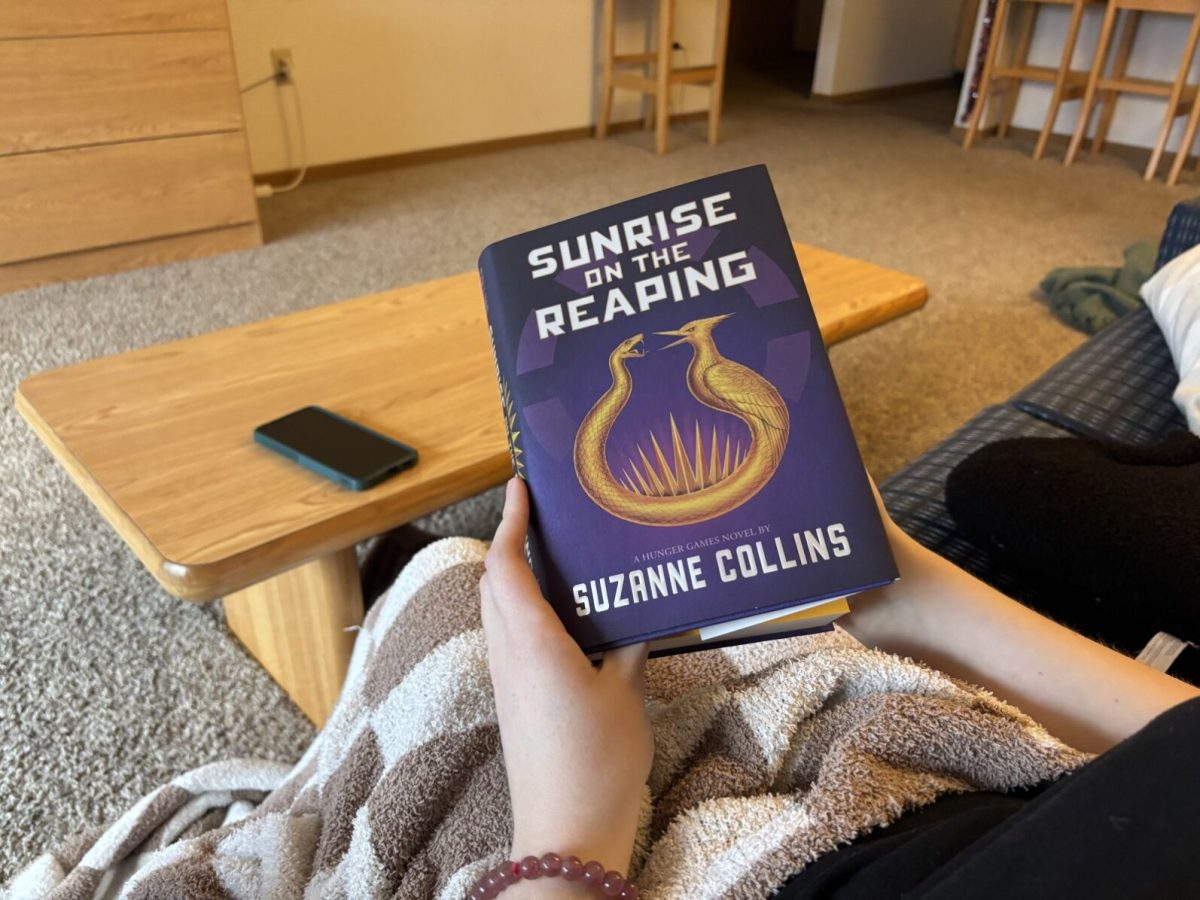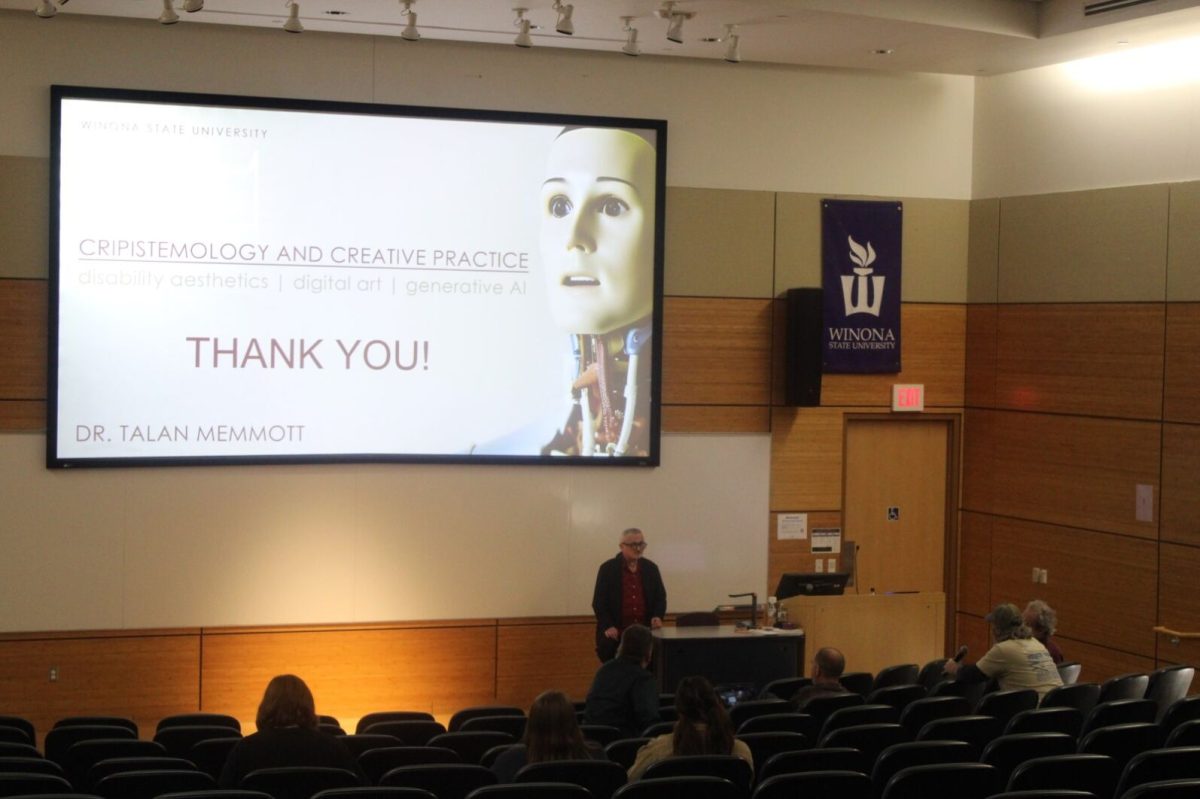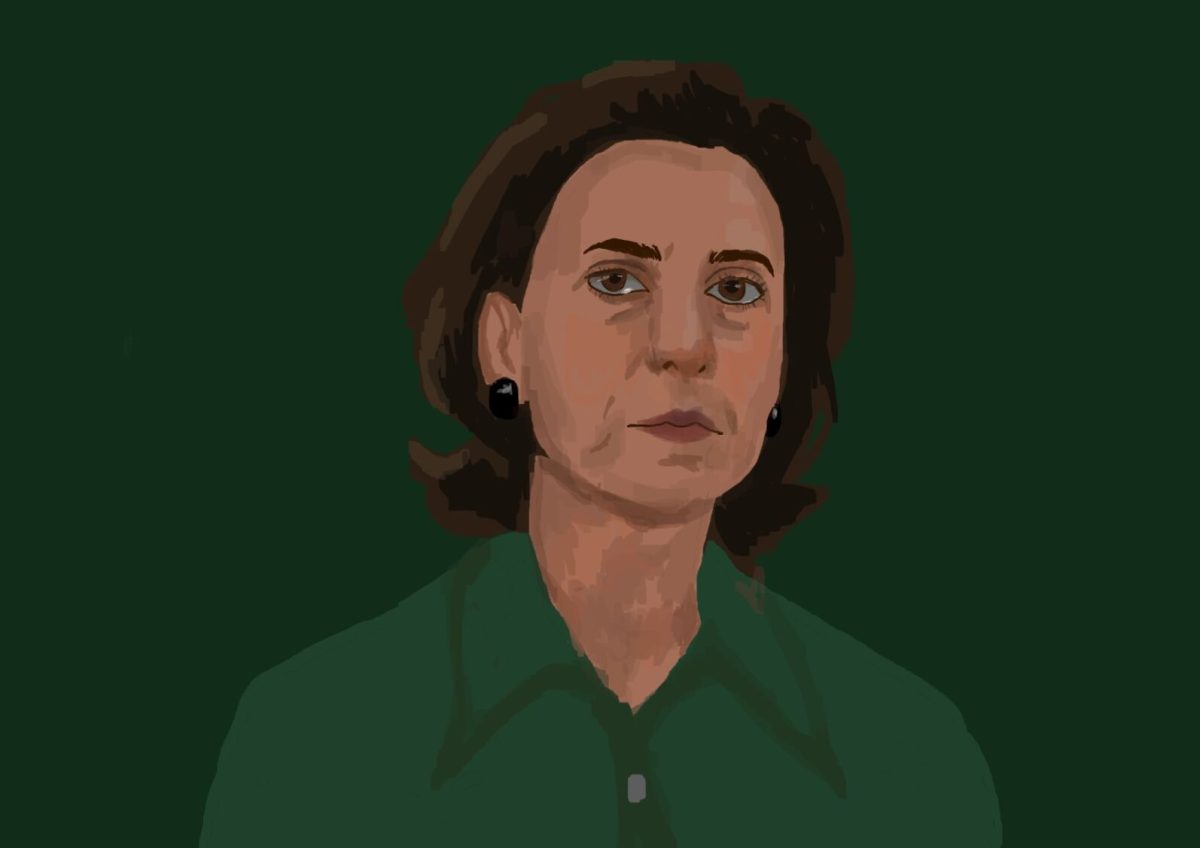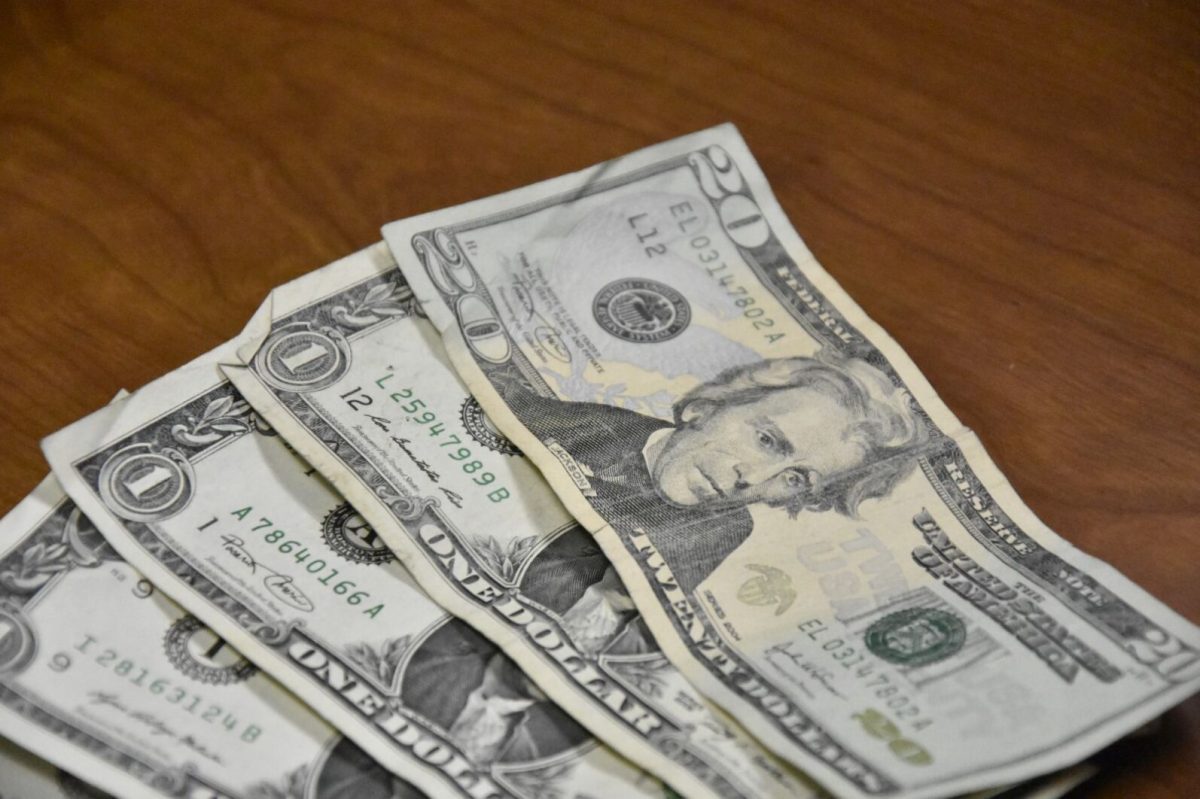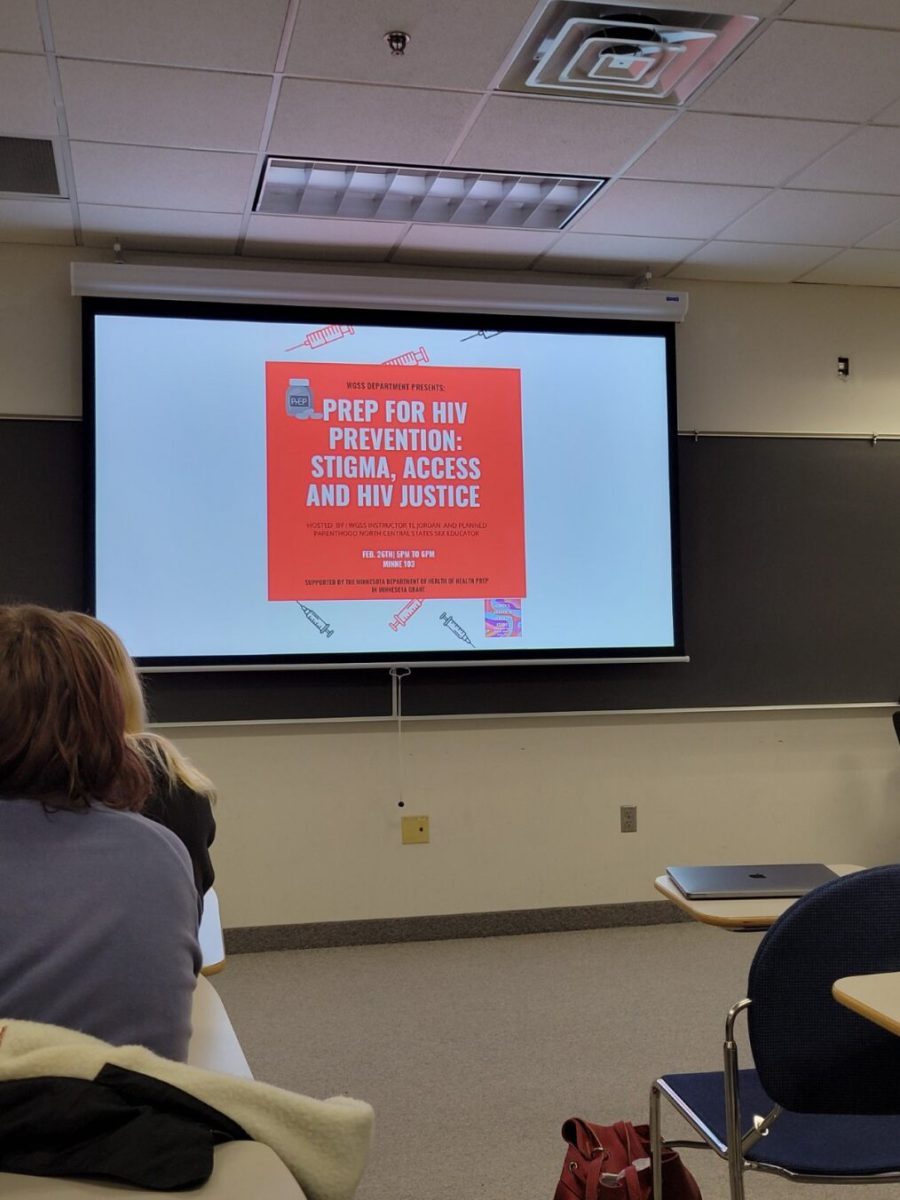Netflix show in review: Bojack Horseman
September 20, 2017
Lately, there has been a trend in TV toward the dramatic and lifelike. Think of these shows as “dark comedies,” where you’ll laugh until you cry and then just cry because it feels that real. Shows like “You’re the Worst,” “Insecure” and “Flaked” have been growing consistently each season, with every new twist and turn shifting the stories toward a very human immediacy.
One of the best of these, Netflix’s animated tragedy “Bojack Horseman,” just released its fourth season, and man, is it a doozy. You’ll laugh, you’ll cry and in the end, you’ll understand a talking horse more than you do yourself.
For those of you that haven’t seen the show yet, “Bojack” is about the titular horse, voiced by Will Arnett, who is now a washed up actor from the 90’s sitcom boom. Set in Hollywoo (the D was stolen), the show weaves his life together with other troubled and complex characters, including his ghost writer Diane (Alison Brie), the hapless and go-lucky Todd Chavez (Aaron Paul) and the always optimistic Mr. Peanutbutter (Paul F. Tompkins).
Each episode, and the series as a whole, is equal parts sight gags and deeply introspective topical dialogue. Essentially, it’s a case study on depression, showbusiness and the art of animal puns.
Surprisingly, season four begins without Bojack
at all. He skipped town after the death of his old TV daughter, sinking into deeper self-loathing, more than a few bottles of liquor and a broken down vacation home.
Instead, the show begins with the side characters, who really go through some development this time around. Todd begins to come to terms with his asexuality, Diane and Mr. Peanutbutter
deal with marriage problems and a gubernatorial election and Princess Carolyne goes through both relationship problems and a miscarriage.
The show gets dark, yes, but never goes too far as to make it seem like there’s no coming up for air. That is, except for the season’s standout episode “Stupid Piece of Sh*t.” This is the Bojack centered episode where, for the first time, audiences are able to see into his mind.
Now, Bojack has obviously suffered from depression in earlier seasons. They never tried to hide it or anything. But this time, through monologues and a uniquely simplistic art style, viewers can finally see how that depression actually works. As someone who’s suffered from depression for many years, similar to Bojack, this episode is exactly what this genre was made for. It’s relatable, complex and deals directly with issues that other series either shy away from entirely or just plain misrepresent. Other episodes in the series deal with dementia, gun violence, politics and addiction, but this episode is at the top of the pile.
Each episode in the season is unique and fulfilling, without a single missed beat. The fourth season of Bojack Horseman continues the show’s reign as one of the most aggravatingly affecting shows on TV right now. For those who have seen the show before, the new season fits right in as a dark, depressing and deeply human tale. For the first time in the series’ history, the season finale ends with a smile and an overall feeling of optimism. Bojack has been dragged through the mud for three seasons, but now it’s obvious he’s beginning to grow. 5/5










